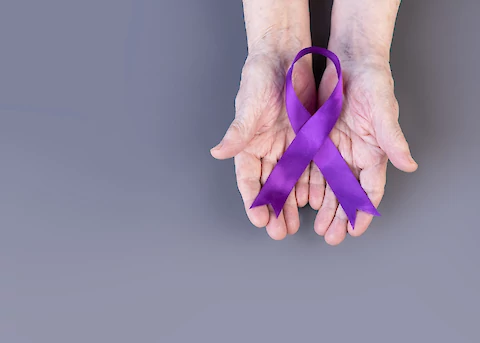
Alzheimer's is the most common form of dementia. The progressive neurologic disorder, which affects more than 26 million people worldwide, has no cure, but there are treatments to improve symptoms temporarily. The treatments don't slow down or stop the brain cells from dying; as more cells die, the disease progresses.
Several studies have provided insights that have led to significant advancements in the growing field of Alzheimer's and Related Dementia.
Here are some insights from Senior Helpers Murrells Inlet:
1. Healthy Habits Help in Preserving Brain Health Despite Genetics
Research by the University of Mississippi Medical Center (UMMC) shows that simple habits can help preserve brain health. According to Dr. Adrienne Tin, associate professor at UMMC, dementia can increase the chance of someone getting late-onset dementia. However, genetics don't determine whether someone can get dementia.
A previous report has shown that there is a connection between 12 risk factors and late-onset dementia. These risk factors can be controlled or prevented by observing the American Heart Association's 7 diet and lifestyle recommendations, which are:
- Managing blood pressure
- Losing weight
- Getting active,
- Stopping or avoiding smoking
- Eating healthy
- Controlling cholesterol
The research wasn't detailed on whether those with a high genetic risk of Alzheimer's will benefit from those recommendations.
2. COVID-19 Increases the Risk of Alzheimer's
According to recent research, older adults with COVID-19 have 50-80% of Alzheimer's disease. Case Western Reserve University's study on 6.2 million people over 65 with COVID-19 showed they were at a higher risk of developing Alzheimer's disease within a year.
However, it has not yet been proven whether COVID-19 triggers new disease development or accelerates it as it emerges. Scientists believe that if this is the case, FDA-approved drugs can be adapted to treat the long-term effects of COVID-19.
3. New Possible Causes of Alzheimer's
After years of focusing on plaques and tau fibers that kill brain cells causing dementia, scientists are now focusing on other potential disease causes. According to Maria Carrillo, chief science officer of the Alzheimer's Association, brain plaques and tangles are the origins. However, not much information explains their role in killing brain cells. According to the officer, expanding the research will lead to a better understanding and treatment for the condition.
4. Hope for New Treatment
Scientists are hopeful that there will be new treatments for Alzheimer's. The current treatment for the disease only improves symptoms of memory loss temporarily. They boost brain chemical performance but don't deal with the underlying issues. Coming up with new treatments has been a great challenge for scientists since research involved patients whose disease had advanced.
However, scientists have developed a new method to identify people at a greater risk of developing the disease before the onset of any symptoms. The researchers believe this method could speed up the creation of novel treatments.
Let Seniors Helpers Professionals Be Your Caregivers
With new developments comes a new understanding that can help caregivers update their skills to help older people.
Senior Helpers Myrtle Beach and Murrells Inlet ensure that older adults receive the best care possible. The premier in-home senior care provider offers in-depth specialized care for those with Alzheimer's and other diseases. We serve Murrells Inlet, Myrtle Beach, Little River, North Myrtle Beach, Conway, and Georgetown, so feel free to contact us.